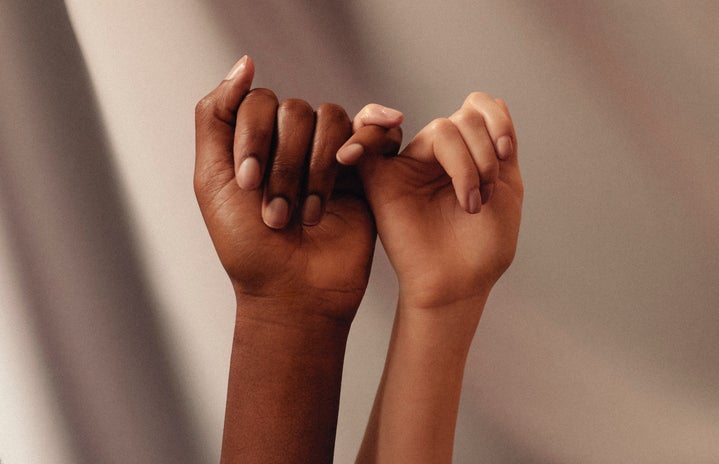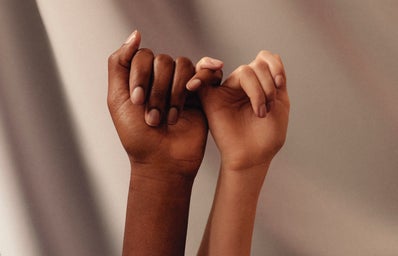If you don’t live under a rock, I’m sure you’ve heard all about the #TeamSelena versus #TeamHailey drama. While it seems entertaining to find out the latest tea and speculate what’s going on in the elite circle, things have blown out of proportion on the Internet. Selena Gomez has stepped out to condemn the death threats directed at Hailey Bieber, and called for more love for one another.
While we are not going to debate about who’s in the right, I can’t help but wonder why people on the Internet feel so strongly about the need to pick sides – especially when we have no insights about the two celebrities who are so distant from our everyday lives. The content on TikTok is almost repetitive; female users will lament that Hailey is ‘not a girls’ girl’, and will tell their male friends to ‘pledge their allegiance’ to Selena.
This phenomenon of pinning women against each other is nothing new. Just one year ago, we saw the exact same thing happening to Olivia Rodrigo and Sabrina Carpenter, when they were allegedly embroiled in a love triangle with Joshua Bassett. Even though Sabrina has spoken out – or sung, to be more accurate – about the (undeserved) death threats that were sent to her, it seems as though we won’t ever learn as the cycle repeats with Hailey.
While Gen Zs seem to be more passionate about empowering women, why are we still comparing women to one another? Whether it be in love relationships or careers, we seem wired to believe that there can only be one successful woman in the room, and its difficult for us to celebrate the success of other women.
Think Beyonce and Rihanna; while it’s empowering to see two strong, black women dominating the industry, fans have always pitted them against each other and accuse each other of ‘robbing’ Grammy nominations. In an environment that is particularly harsh to women, female celebrities have to constantly reinvent themselves to make sure that they stand out from one another and remain relevant.
If you don’t trust me, hear it from Taylor Swift: “Female artists have reinvented themselves 20 times more than male artists. They have to, or else you’re out of a job.” Women have always been objectified, and that makes us disposable, rather than people who should be valued for our intrinsic worth.
Apart from the celebrity circle, female rivalry is also prominent in the corporate world. Labelled as the ‘Queen Bee’ syndrome, women bosses can be harsher to their female employees as they internalise the belief that there can only be ‘one seat at the table’. It’s also possible that women hold higher expectations of one another, as they harbour the mindset of ‘if I can do it, so can you’, resulting in unfair comparison.
With that being said, it wouldn’t be right to conclude that women are the problem. It’s important that we re-examine what causes internalised misogyny and the factors that make up such a competitive environment for women. Plus, it should be a relief to hear that the new generation is breaking this trend in the workplace.
With the rise of female advocacy on social media, we should also celebrate the milestones that we’ve made together. Women are more comfortable sharing about obstacles that they face, as other women would show solidarity and support one another by sharing relatable experiences.
Let’s be kinder to one another — for who would support us, if it’s not us women?


